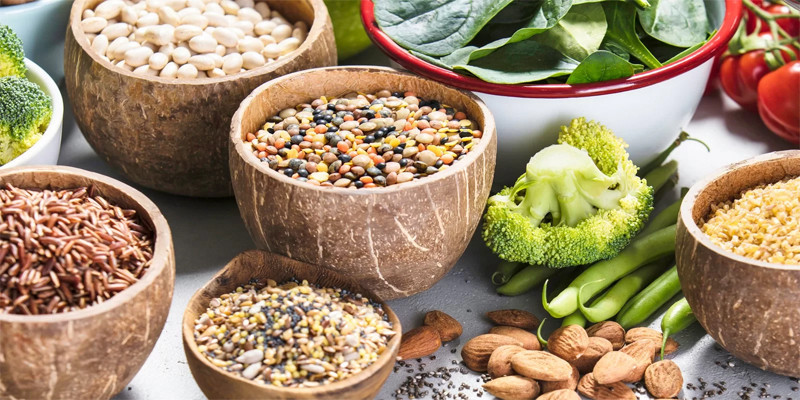Doctors show how to eat to reduce the risk of colorectal cancer by 54%
You should eat foods high in fiber such as vegetables, beans, and whole grains.
Each year, there are about 2 million cases of colorectal cancer worldwide and 1 million deaths (2020 data). This is the third most common cancer and the second leading cause of death.
However, according to experts, more than half of colorectal cancer cases can be avoided by adjusting lifestyle habits.
 |
Dr Anisha Patel underwent surgery and chemotherapy to treat colorectal cancer. Photo: Edinburghlive |
British GP Anisha Patel was diagnosed with stage three colorectal cancer five years ago. After two surgeries and three months of chemotherapy, the mother of two is now in stable condition.
After her experience, Dr. Patel devoted much of her time to promoting the disease. She also wrote a book about colorectal cancer. Dr. Patel stated: “54% of colorectal cancer cases are preventable.” She shared how to reduce the risk of developing colorectal cancer by changing her diet.
“Eat a high-fibre diet. Nine out of 10 people don’t get the recommended daily intake of fibre, which is around 30g a day for adults. This is responsible for almost a third of avoidable colorectal cancers. People should switch to wholegrain cereals and eat at least five portions of fruit and vegetables a day,” explains Dr Patel.
A high-fiber diet not only reduces the risk of colon cancer, but also reduces the risk of stroke, diabetes, high cholesterol, while preventing constipation and improving gut health.
“Reduce your intake of red and processed meat,” Dr Patel continues. “UK government guidelines recommend eating no more than 70g a day, which is equivalent to five slices of ham. You may want to have meat-free days, replacing them with lentils.”
 |
A high-fiber diet helps prevent colon cancer and many other diseases. Photo: Unilabs |
Other points to note to reduce the risk of colorectal cancer:
- Reduce alcohol consumption
- Ensure physical activity and regular exercise
- Stop smoking
- Lose weight if overweight or obese.
Dr. Patel, now 43, experienced a number of symptoms before being diagnosed with colorectal cancer. These included constipation and blood on toilet paper. She also felt tired all the time and started losing weight while on vacation.
When these symptoms worsened, Dr. Patel sought medical help. She recommends that people talk to their doctor as soon as they notice anything unusual.
“There are many potential causes for your symptoms,” she added. “It’s important to get checked out.”
Common symptoms of colorectal cancer:
- Changes in bowel habits such as diarrhea, constipation, going more often, blood in the stool, always wanting to go to the toilet
- Abdominal pain, bloating
- Unintended weight loss
- Feeling very tired for no reason.


